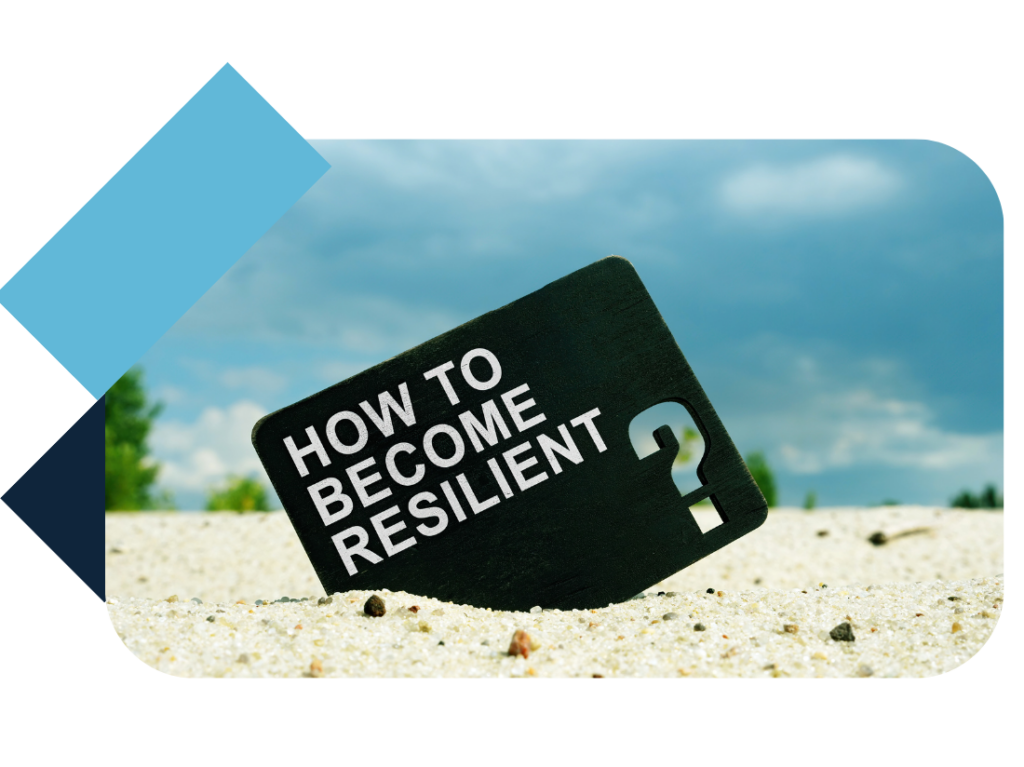In the face of COVID-19, most businesses have already been taking some steps, out of pure necessity, to increase their resilience.
However, as we settle into the uncertainty and prolonged semi-locked-down period, we thought we would highlight the areas most experts agree should be prioritised to increase business resilience.
In this instance, we define resilience as the ability to come out of a crisis faster and stronger than competitors in your industry.
In terms of survival over the lockdown period, many businesses have already made use of Cost cutting, and while most owners are good negotiators, we tend to get lax in times of plenty. We must use the memory of COVID-19 to keep us on our toes in terms of how we spend our budgets, how often we choose to negotiate and how extravagant we are in times of plenty. In addition, as seen in this McKinsey study of 2000 businesses, in times of crises an early and strong focus on cost-cutting can better position your business for an earlier and stronger recovery. It is worth noting that in this instance the best form of cost-cutting is increased efficiency through greater digitisation.
In addition to this, business insurance, as we have all seen, is worth the investment. So too is staying on top of things like UIF and encouraging your employees to invest in income protection. It is far too easy to underestimate how often these big crises occur, but once a decade is a good benchmark (last decade there were two – 2002, and 2008).
This leads to the next level of resilience – building up savings or having access to funds that can see you through any prolonged period of reduced income. On a personal level we are told to build the first 3 and then 6 months’ worth of savings as an income buffer – and it shouldn’t be any different for your business.
While you are building this buffer up, and indeed after, it is worth having additional funding options in place. Fast access to funding allows you to fill any gaps, or more importantly to take advantage of opportunities to grow your business and recover faster (Lulalend’s instant access to a Revolving Capital facility is designed to help support your business through good times and bad. It has no fixed fees so it costs you nothing to have it in place “just in case”).
Throughout the current crisis, we’ve all felt there was a lot of noise, but few quality sources of information. Did you manage to discover the right source of business information? If not, it is worth making sure that you have a good, reliable source of information so that you don’t waste time trying to find the answers you need. This allows you to take action faster and keep your focus where it is most needed.
One area that can help with this is finding a good mentor or building a strong network. Simply looking for businesses in your industry either locally or internationally and sending out a request to ask for some guidance can be the beginning of increased support and insights.
What is clear from the McKinsey study is that the most resilient businesses act faster to recover faster, especially as opportunities begin to present themselves as the markets change, and as competitors begin to offload assets. Furthermore, the gains they make during this time stand them in good stead for years to come.



